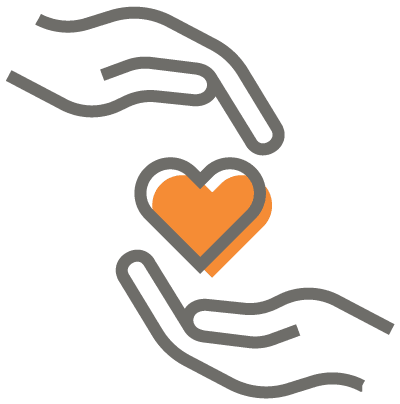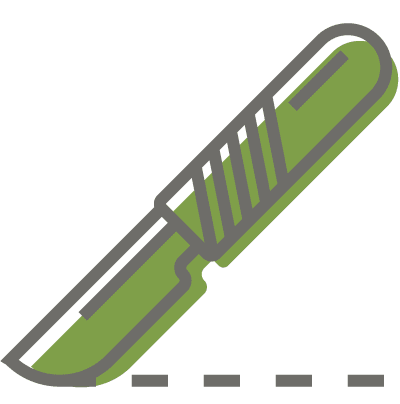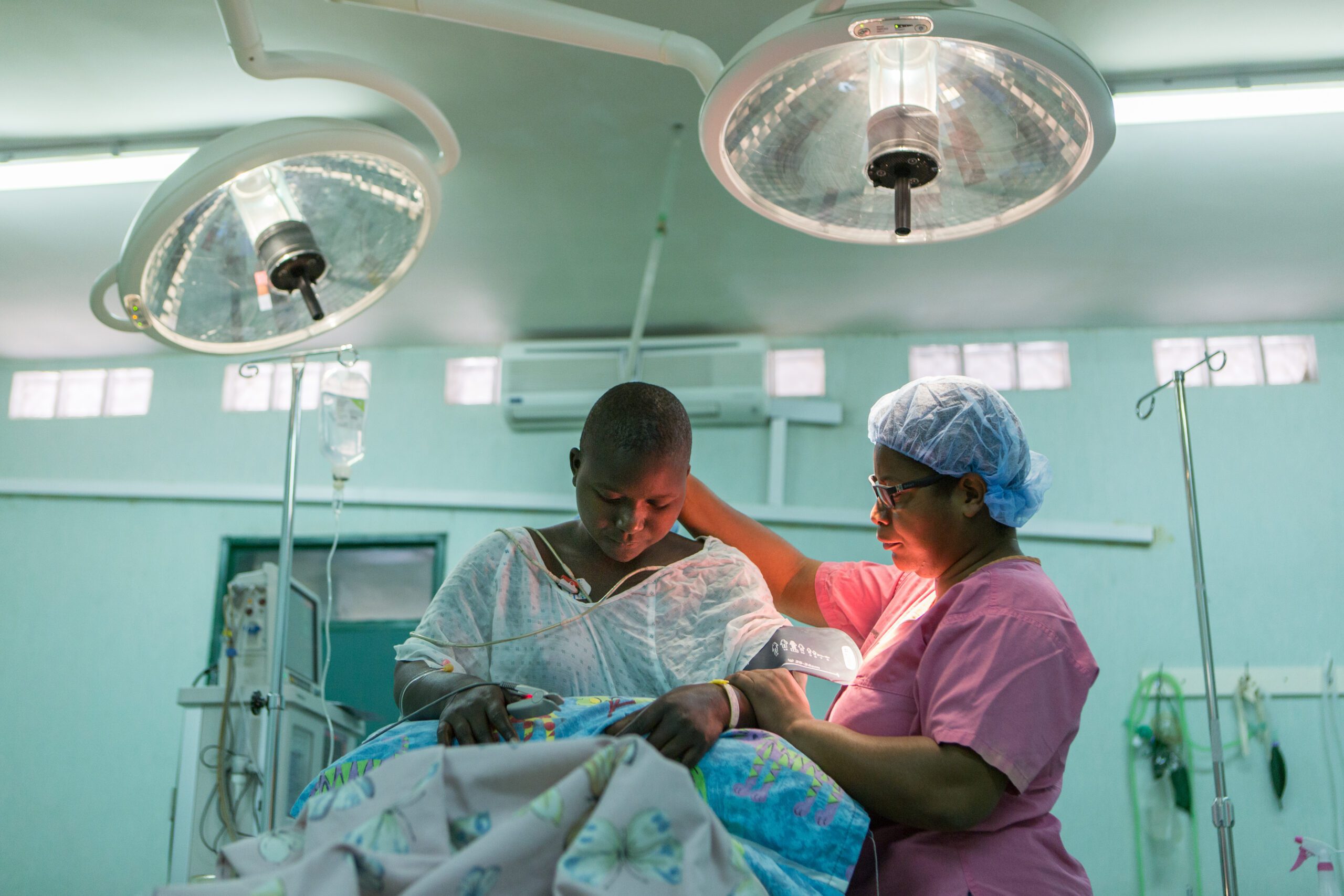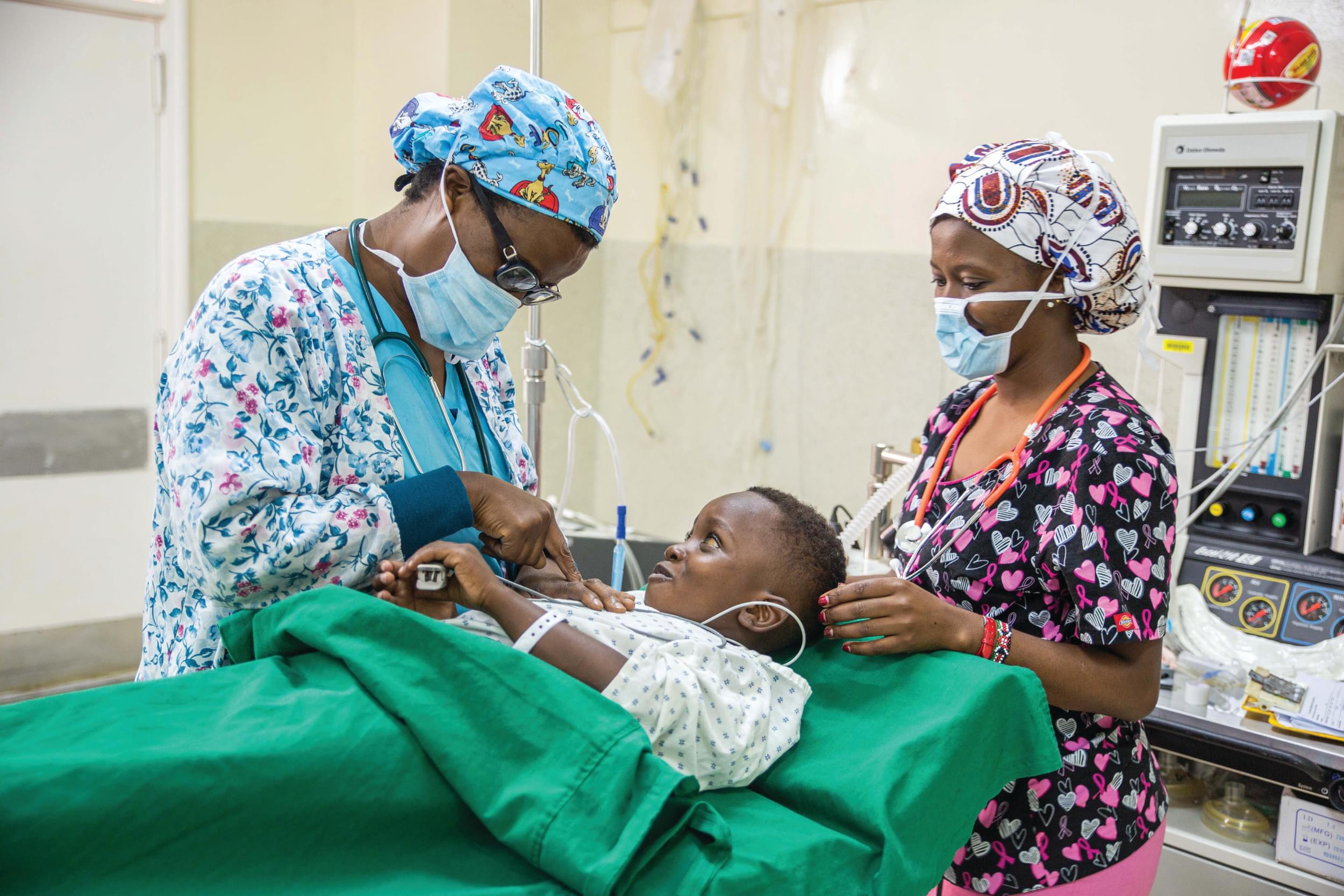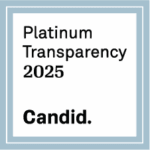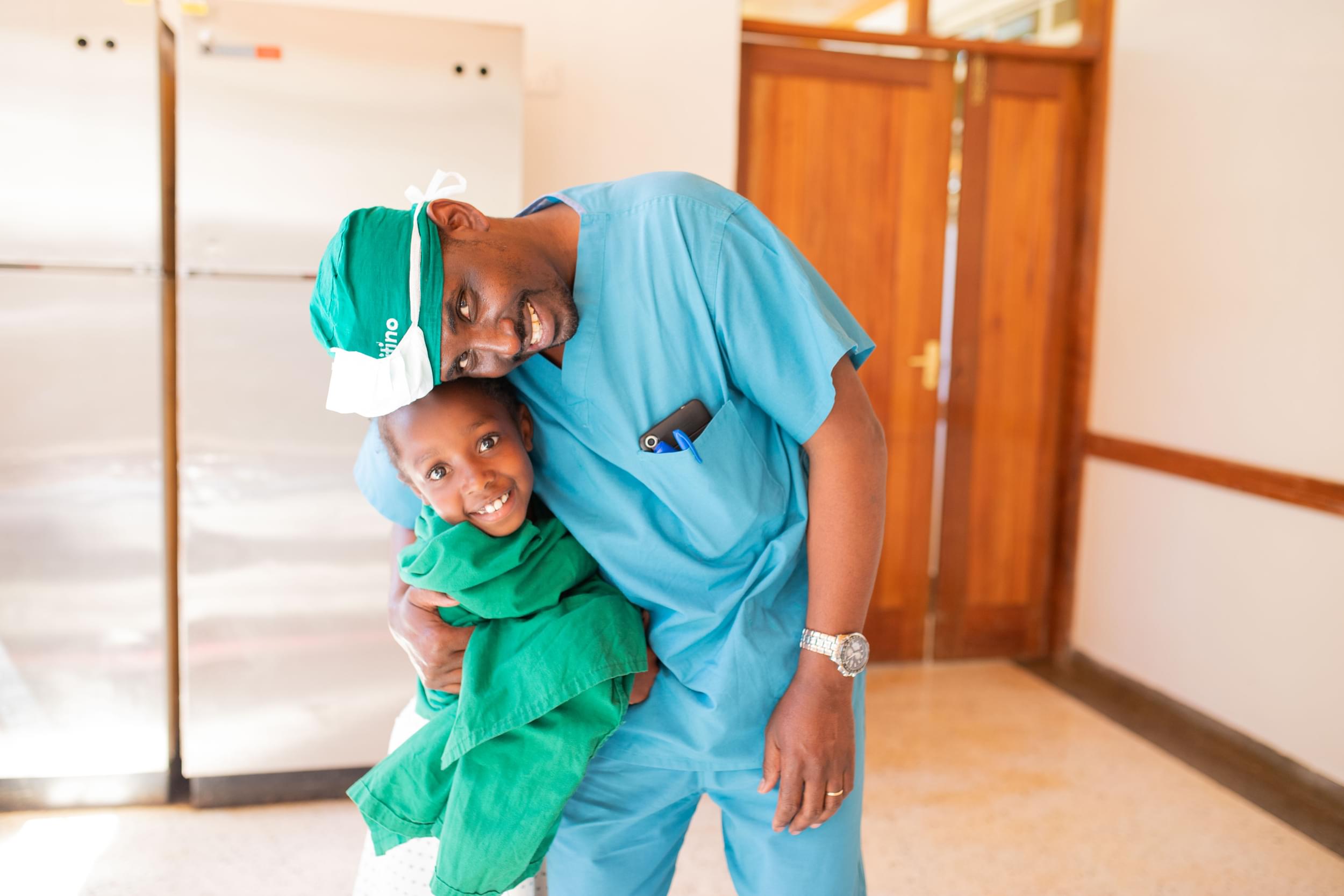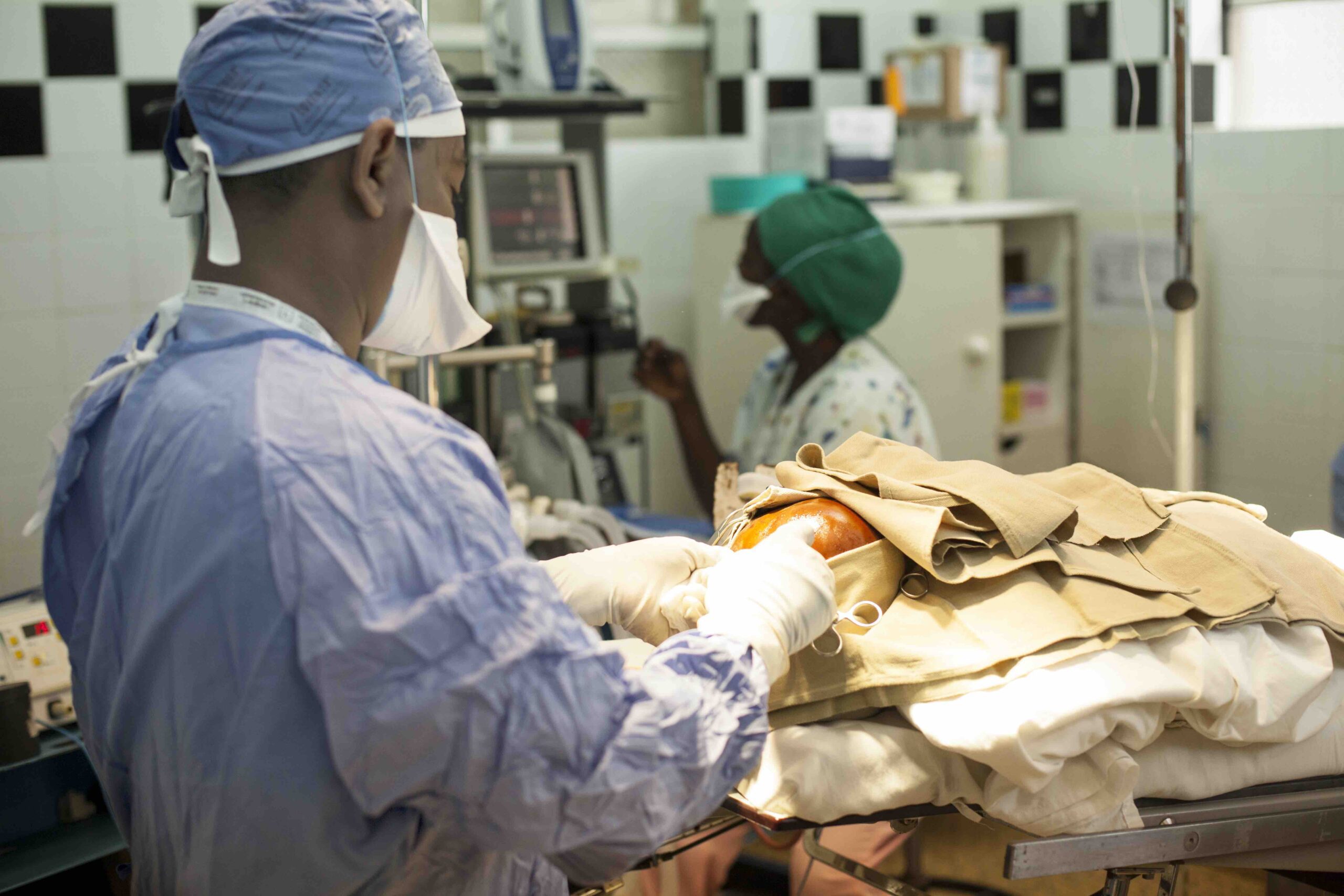Hydrocephalus
Hydrocephalus is a life-threatening condition characterized by an enlarged head. It is caused by an excess of cerebrospinal fluid inside the skull, causing pressure. Without neurosurgical intervention, this pressure can damage the brain, cause blindness, and lead to death.
In children, hydrocephalus is commonly associated with spina bifida and also occurs due to an infection causing a blockage to the flow of cerebrospinal fluid.
- 1 to 3 out of every 1,000 babies are born with hydrocephalus worldwide.
- 80% of those children come from low- and middle-income countries.
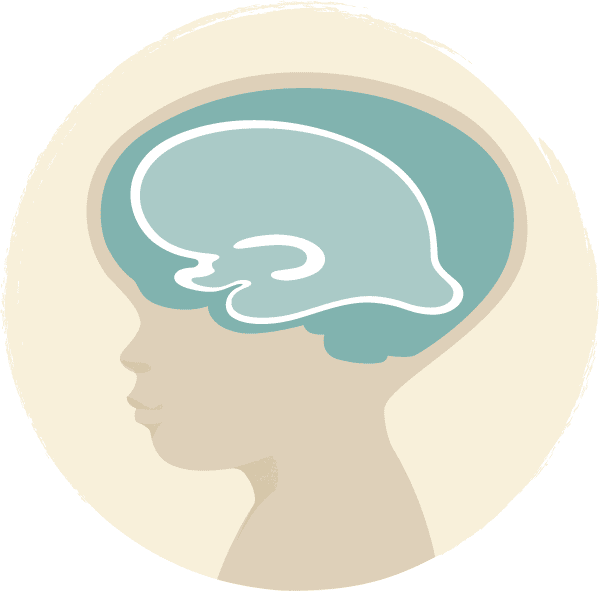
What issues do children with hydrocephalus face?
Without medical intervention, babies born with hydrocephalus are at high-risk for infection, injury, and even death.
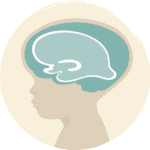
Physical Conditions
An enlarged head results from excess fluid in the skull.
Stigma
Children often experience discrimination, leading to poor self-confidence and isolation.

Developmental Delays
Children may experience a delay in meeting milestones like holding their head up, sitting, and walking.
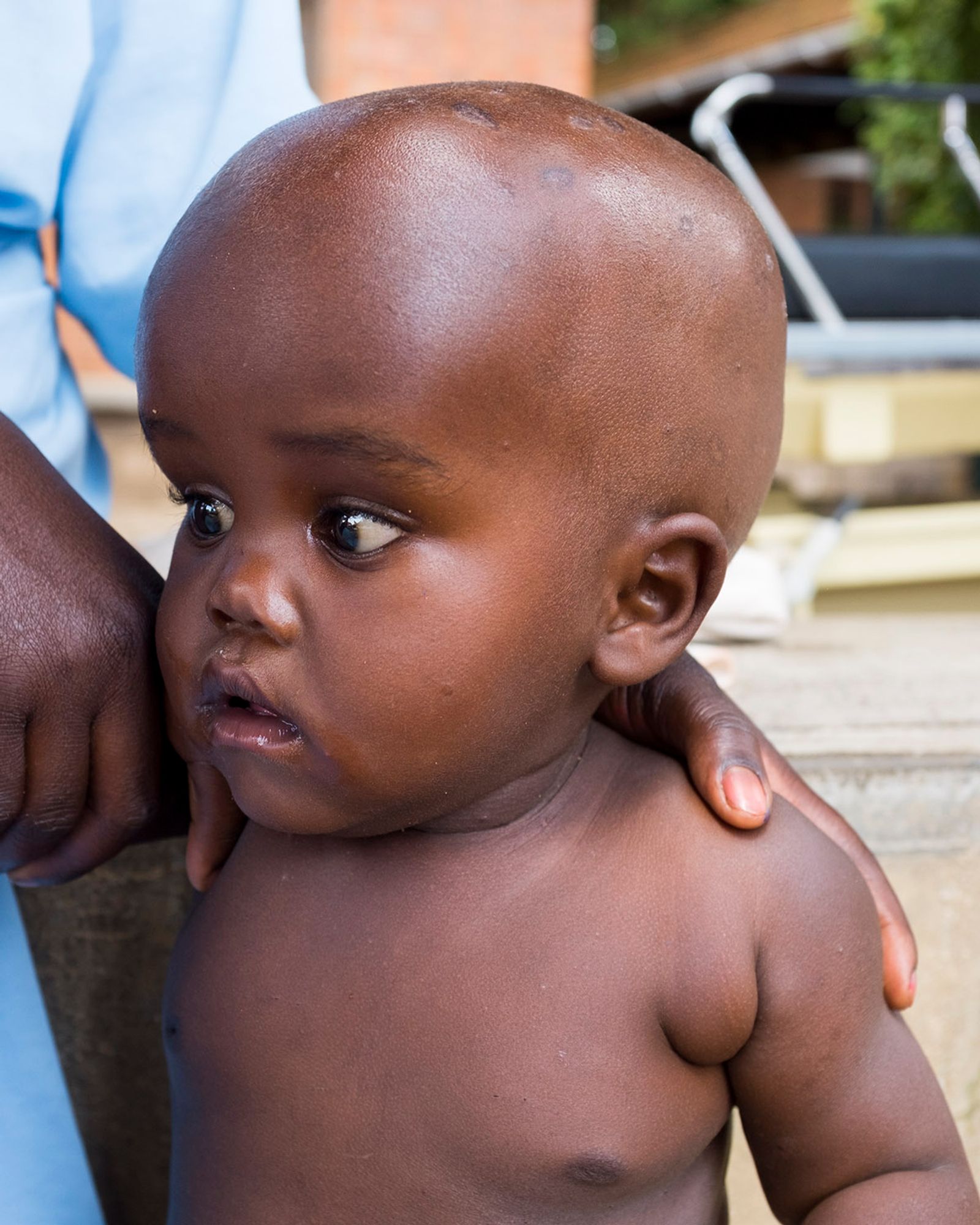
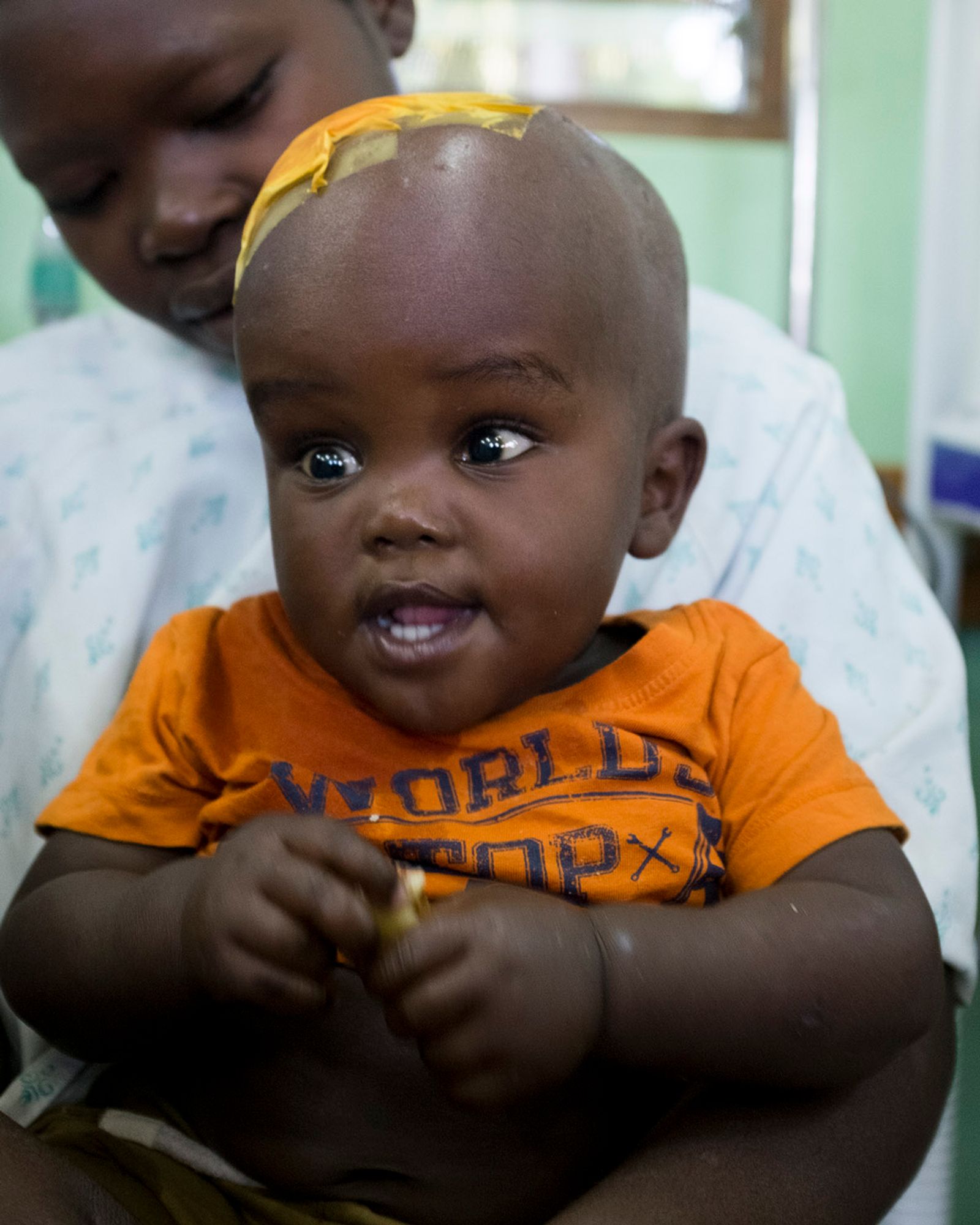
CUREkid Spotlight, Hydrocephalus
Alamanzan | CURE Uganda
Before Surgery
When Alamanzan was born, his mom, Maria, immediately knew something was wrong. When her local hospital could not help, Alamanzan’s condition continued to deteriorate. Thankfully, they received a referral to CURE Uganda.
After Surgery
World-class surgeons at CURE Uganda were able to successfully treat Alamanzan’s hydrocephalus, and Maria brings him back to CURE for regular check-ups. She says she’s grateful for the generous donors to CURE who made her son’s surgery possible—and we’re grateful to see little Alamanzan learning to walk, talk, and play!
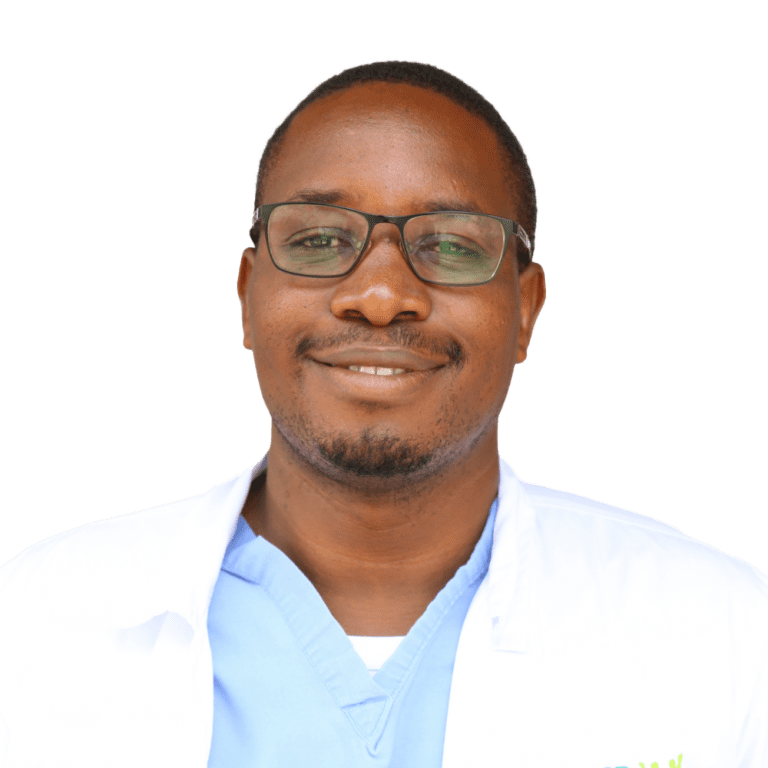
“If hydrocephalus is not treated, there is progressive growth of the child’s head. They will not hit milestones. They will develop feeding disabilities and develop pressure sores on their heads, which are prone to infection. Becuase of all this, if the child with hydrocephalus remains untreated, they will eventually succumb.”
— Dr. Emmanuel Wegoye, Medical Director at CURE Uganda

